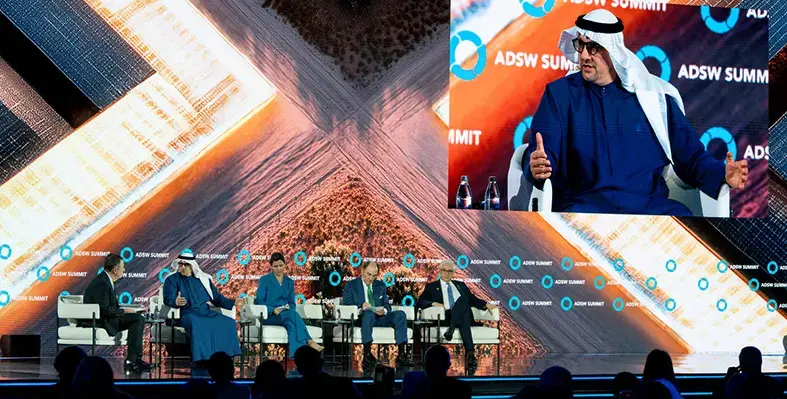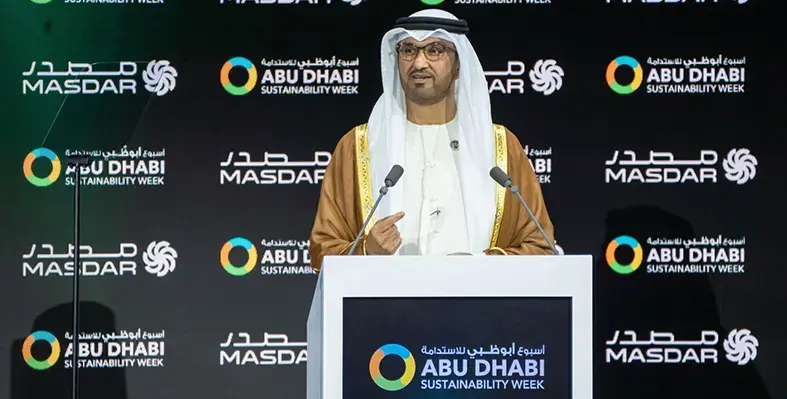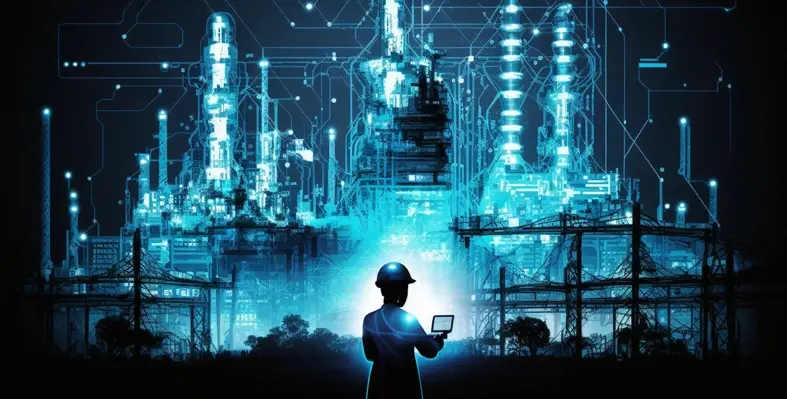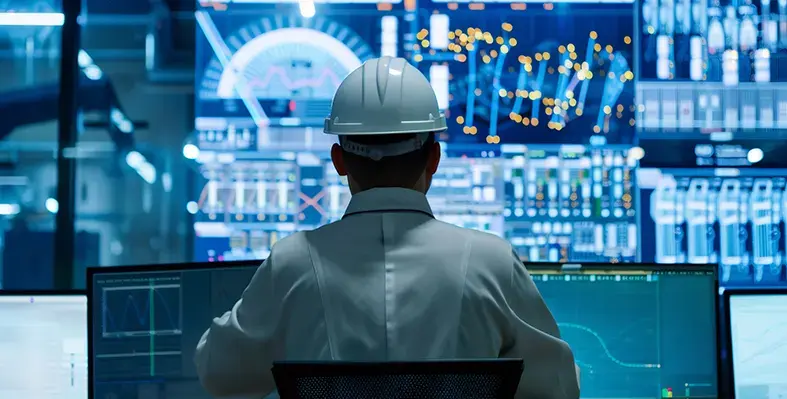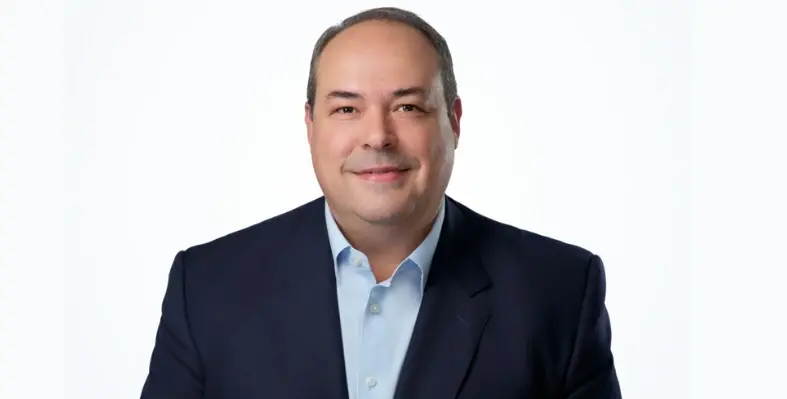Abu Dhabi Sustainability Week 2026 concluded its largest edition yet with a renewed commitment to accelerate real-world solutions and drive sustainable progress
Held under the theme ‘The Nexus of Next: All Systems Go,’ the world’s largest sustainability gathering brought together leaders across energy, finance, food, water and nature to rethink how these global systems connect, scale and reinforce each other. Fifteen heads of state and government and over 400 ministers and government officials convened with business and civil society leaders in Abu Dhabi from January 11-15 to advance dialogue on sustainability issues. ADSW 2026, hosted by Masdar, attracted over 60,000 attendees, and featured more than 240 dedicated sessions, with over 800 speakers, addressing key trends including global energy systems transformation; food, nature and water security; and the impact of artificial intelligence (AI) and other emerging technologies.
Mohamed Jameel Al Ramahi, chief executive officer of Masdar, said, “Abu Dhabi Sustainability Week 2026 marked our biggest and most ambitious gathering yet. Leaders from government, finance, business and civil society came together in Abu Dhabi, united by a shared recognition that the systems shaping our future must evolve faster, work better together, and deliver at scale. At a time of rapid technological change, including the accelerating influence of artificial intelligence, ADSW provided a vital platform to align ambition with action. The conversations started during ADSW will extend far beyond the week itself, prompting year-round collaboration, investment, and delivery, and turning potential into opportunity. I look forward to seeing the outcome from those conversations at ADSW 2027.”
The ADSW Summit, which took place January 13-14, featured over 100 speakers across more than 30 dedicated sessions. In the Leadership Segment, held on both days of the Summit, Heads of State and government addressed the most pressing challenges and opportunities in sustainable development.
The Green Hydrogen Summit addressed issues including securing demand, unlocking investment, global shipping and the state of the green hydrogen landscape.
The World Future Energy Summit, the largest event at ADSW, took place from January 13-15 at the ADNEC Centre, featuring 515 exhibiting brands and 16 country and innovation-led pavilions. Attendees had the opportunity to join conferences led by 300-plus industry experts, explore nine exhibition halls showcasing breakthrough products and solutions and discover cutting-edge technologies through the Greenhouse startup zone, FUSE AI and the Green Hydrogen Innovation Hub.
New platforms
This year, ADSW introduced new platforms including the inaugural Global South Utilities Forum, which convened policymakers, developers, financiers, and off-takers from the Global South and the UAE to discuss advancing investment, innovation, and the delivery of sustainable power and water infrastructure across Africa, Asia, and Latin America. A ministerial dialogue focused on how governments are translating policy vision into bankable infrastructure, while later sessions addressed deploying technology at speed and scale, renewables, energy storage and off-grid systems, and the growing role of industrial off-takers beyond traditional utilities.
ADSW also featured the Blue Forum, which focused on transformative opportunities for a water-secure future, driving technology, resilience, and sustainable growth.
Masdar, host of ADSW, celebrated 20 years of clean energy leadership by announcing its total renewable energy portfolio has reached 65 gigawatts (GW), up from 51GW at the start of 2025, two thirds of the way to its 2030 target of 100GW. Of the 65GW portfolio, 45GW is operational, under construction, or committed, with a further advanced pipeline of 20GW.
Masdar also made a series of announcements, strengthening its presence in key markets including Uzbekistan, Oman and Sharjah, and expanding its footprint in Africa, with the signing of its first power purchase agreement in Angola.
ADSW also featured the Youth 4 Sustainability Forum and Youth Hub, which brought together more than 3,500 young people from around the world, connecting them with 95 speakers from government, industry, and academia with initiatives such as Youth Connect and Talent Connect. While the annual WiSER Forum brought together over 120 influential figures to advance dialogue on women’s leadership in sustainability and inclusive development. The forum focused on inclusive finance, policy and governance reform, scaling innovation, advancing skills for the future of work, redefining leadership norms, and strengthening inclusive foresight to build long-term resilience.





